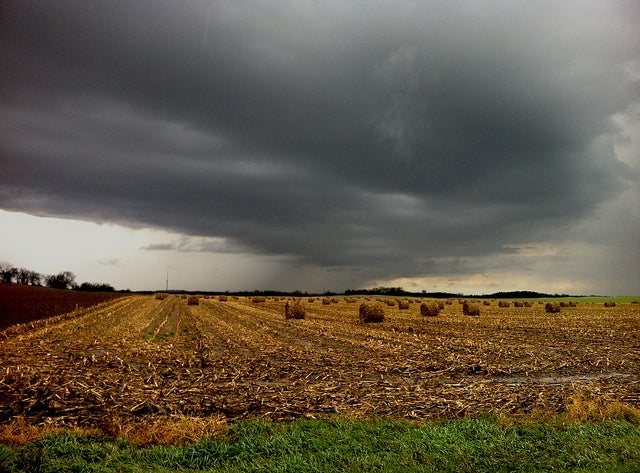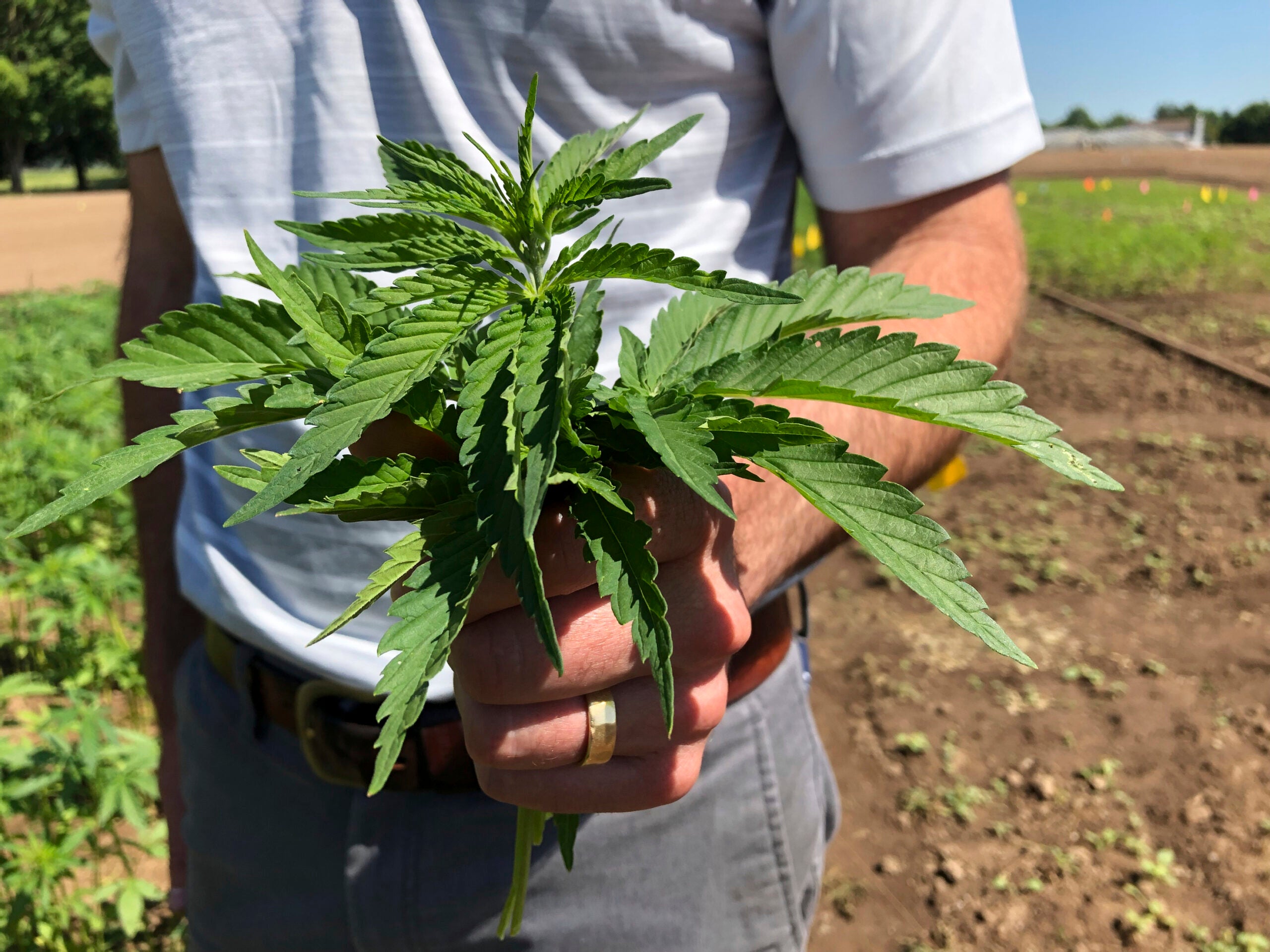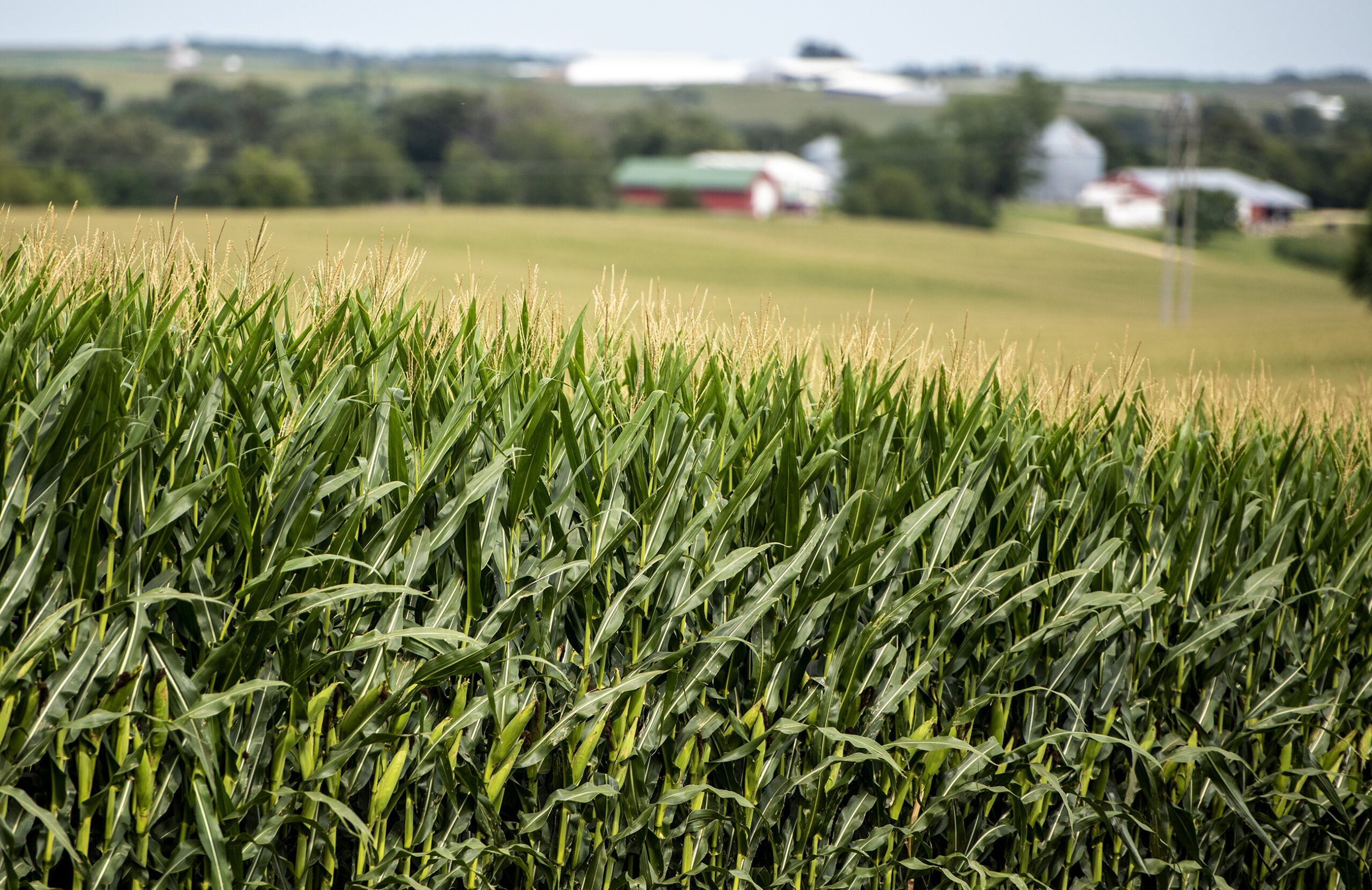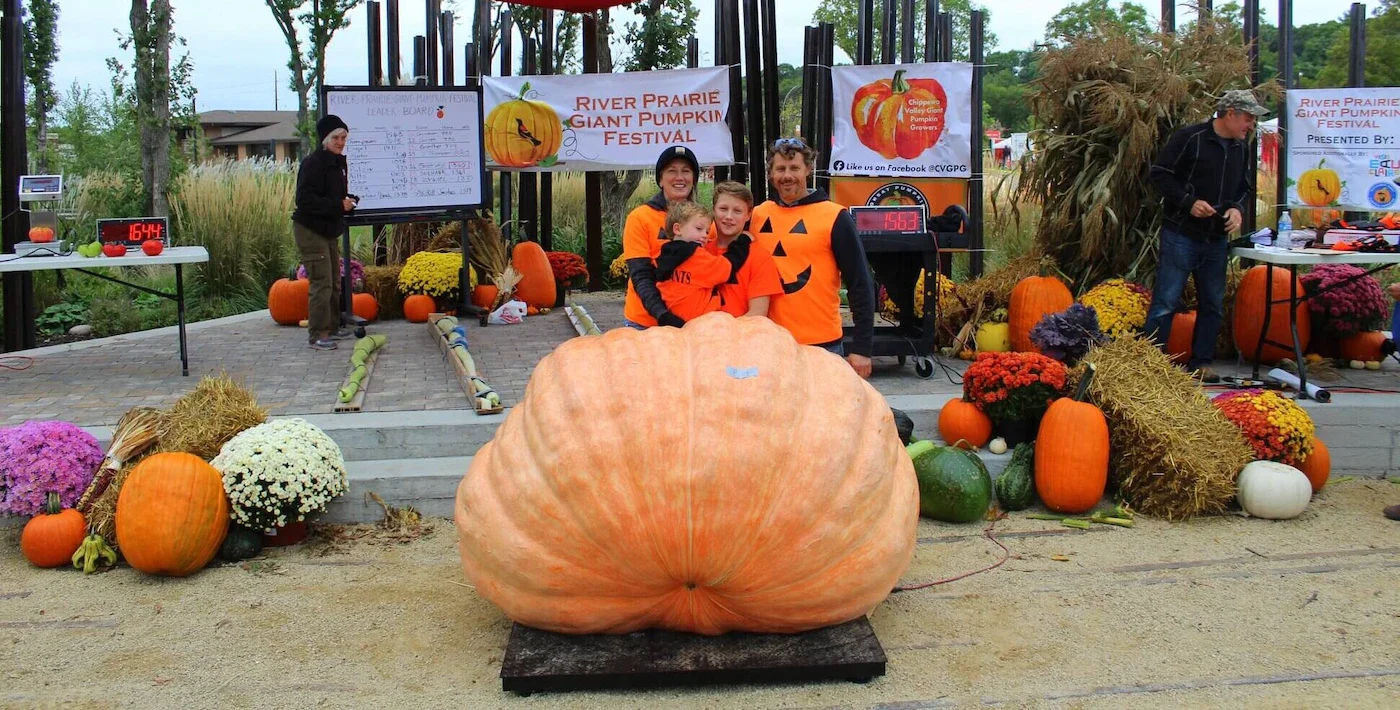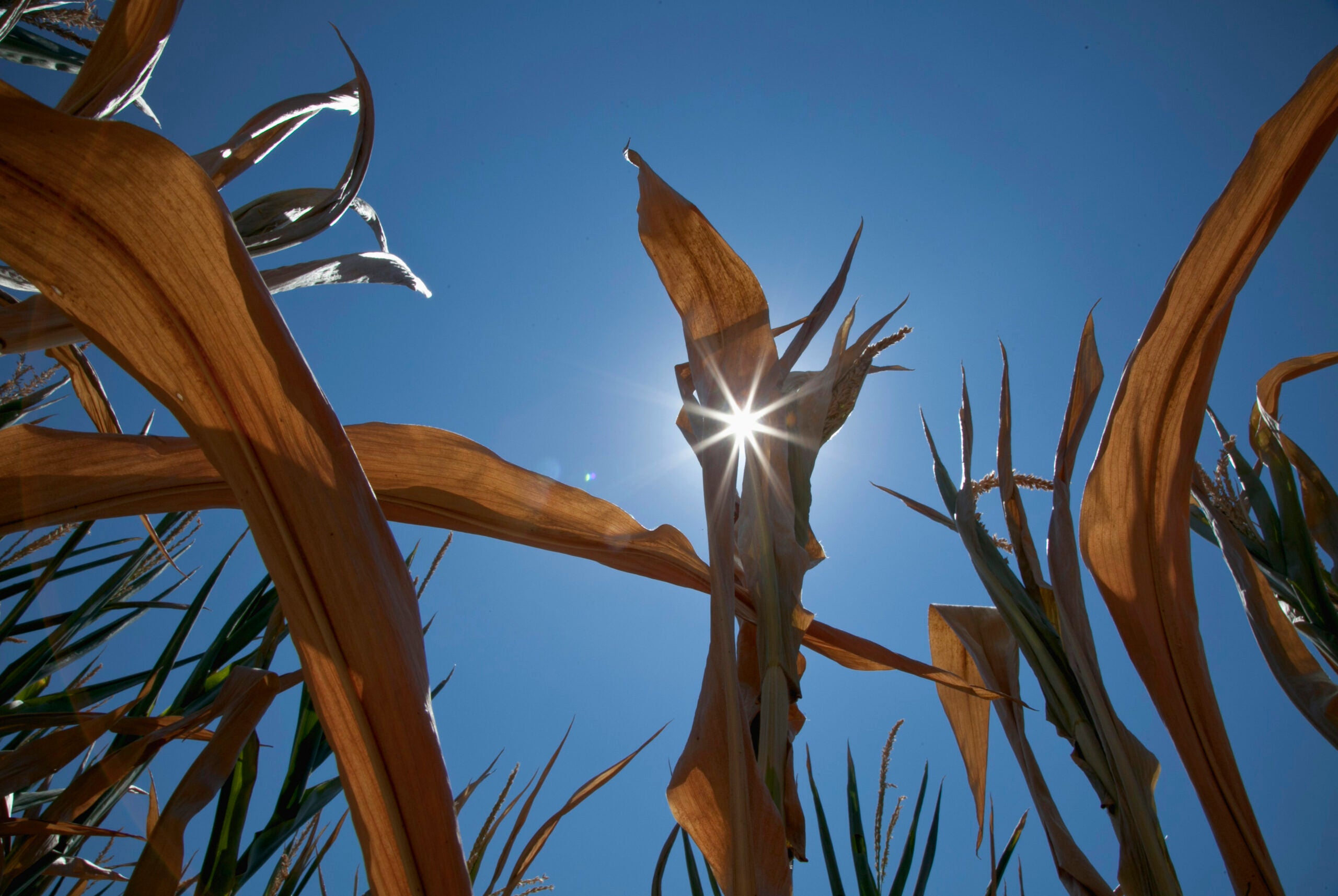Wisconsin farmers are anxiously waiting for rain to stop and temperatures to warm up so they can get to work in their fields.
According to the National Weather Service, almost 7 inches of rain fell in La Crosse this month, making it the second-wettest April on record. Although the rainfall has brought parts of southwest Wisconsin out of drought conditions, it’s also been problematic for farmers.
“It’s really put things on hold for a lot of producers, whether (they’re) crop farming or producing animals, coming into the spring,” said La Crosse County’s University of Wisconsin-Extension agriculture agent Steve Huntzicker.
Stay informed on the latest news
Sign up for WPR’s email newsletter.
Huntzicker says says the fields are too wet and farmers can’t till their land, spread nutrients like manure, or plant seeds. He says it’s too early to tell how the late planting will affect crop yields.
“What it’s done right now is, it continues to shorten that window of time that a lot of farmers have to get out and get the stuff done,” he said. “So it’s going to be longer hours once things break and more activities all happening at one time for a lot of farmers.”
It’s a similar story on the other side of the state in Kewaunee County. UW-Extension Agriculture Agent Aerica Bjurstrom says farmers aren’t panicking yet despite the poor weather and saturated fields.
“People are getting short on feed right now, so that’s their bigger concern right now,” she said. “They need to get some hay harvested. I think we’re going to have a lot of people running out of corn silage before the summer’s up. So, it’s just really important to get the corn in the ground and hope they can get it growing before we get an early frost.”
Bjurstrom says farmers typically have oats in the ground by now, but hardly any have been planted.
Wisconsin Public Radio, © Copyright 2024, Board of Regents of the University of Wisconsin System and Wisconsin Educational Communications Board.

